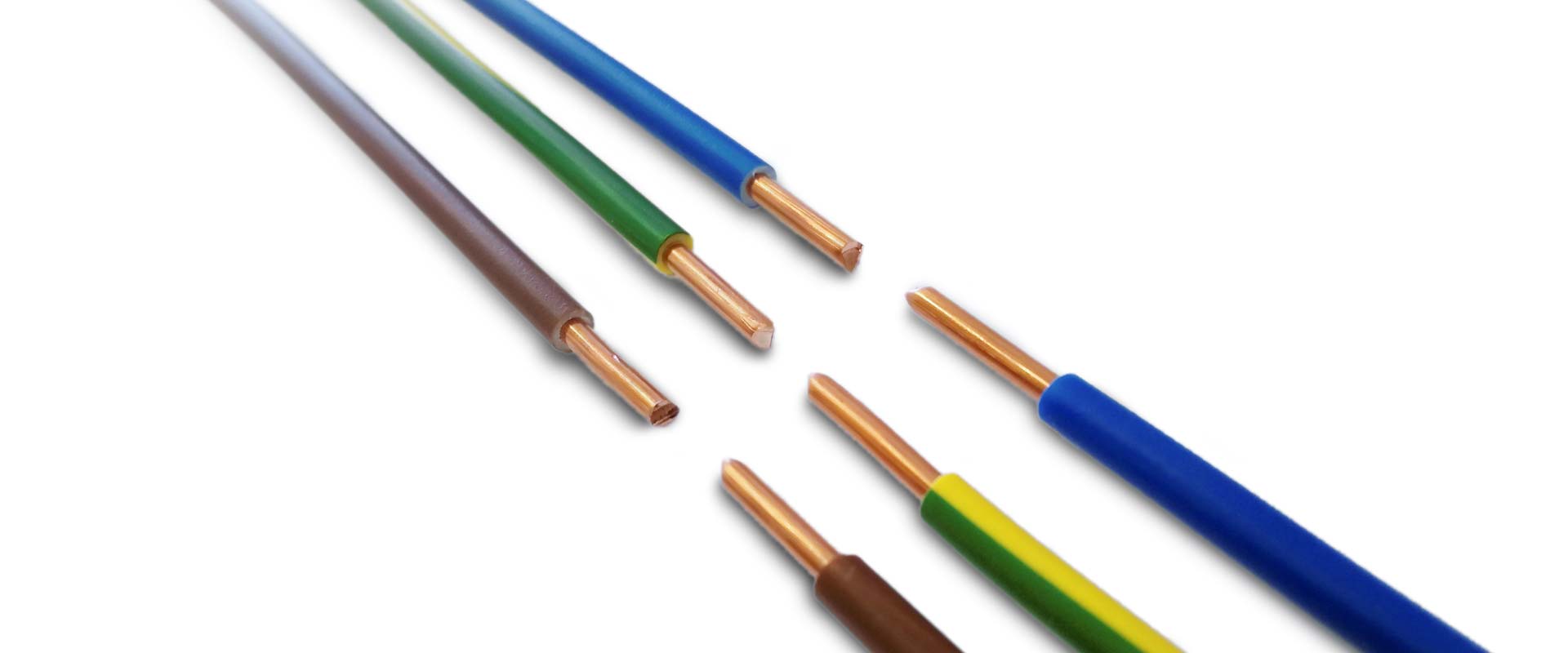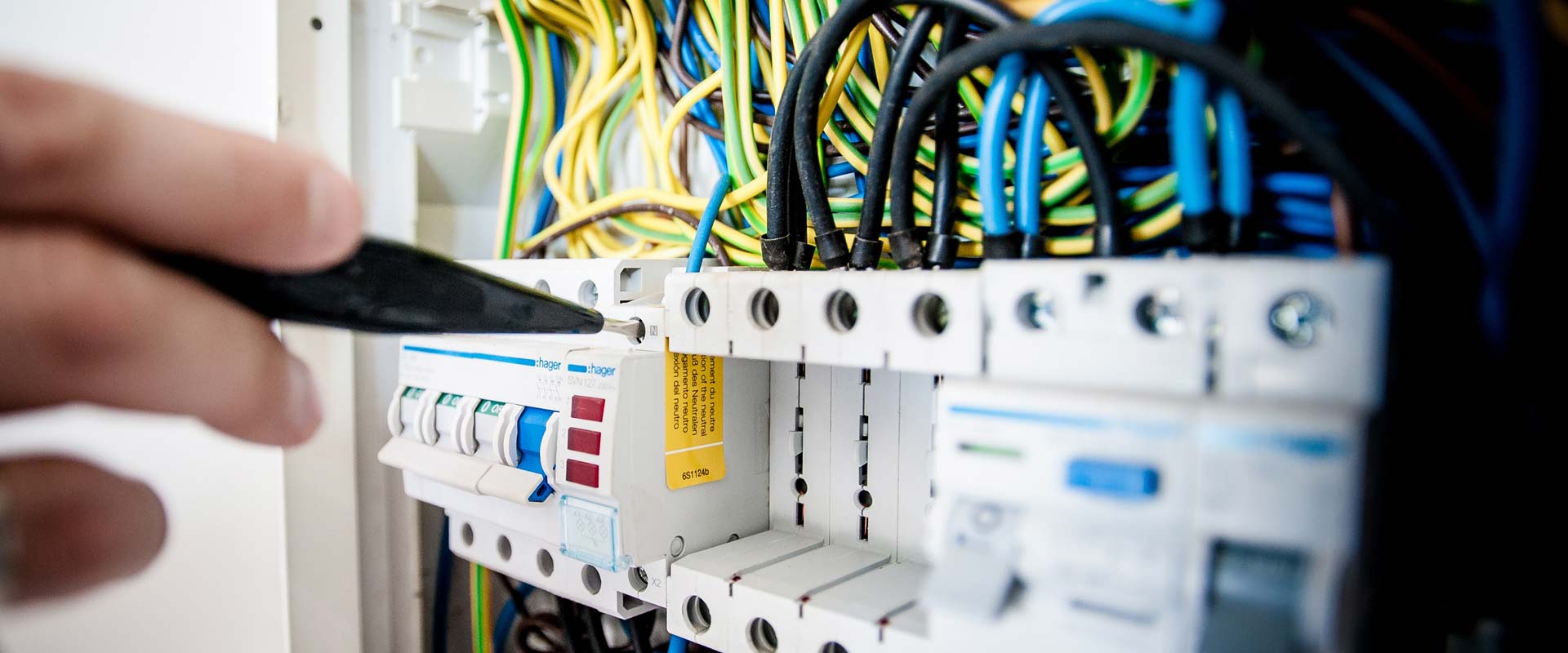Welcome To S Bishop Electrical - Installation, maintenance & repair
Phone 07708 210 014
S Bishop Electrical Services
Installation, maintenance & repair
- Rewires
- Consumer unit upgrade/replacement
- Low energy lighting
- Extra sockets
- Kitchen rewire
- Shed & outbuilding supplies
- Extensions & renovations
- Periodic inspection & testing
- PAT testing
- Landlord certificates
- Fire & smoke alarm install
- CCTV & alarm (burglar)
- BT and internet cabling
NIC domestic installer. Contact Sean Bishop on 07708 210014
LANDLORD'S SAFETY OBLIGATIONS
Electrical Safety Guide
Landlords have a legal duty to ensure that their rental property, and any electrical equipment provided, meets BS7671, the UK Standard safety of electrical installation requirements before a tenancy begins and during tenancy occupation. For more detail, please see our Electrical Safety Guide below.
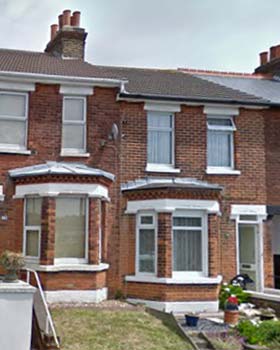
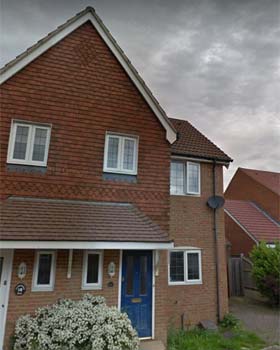
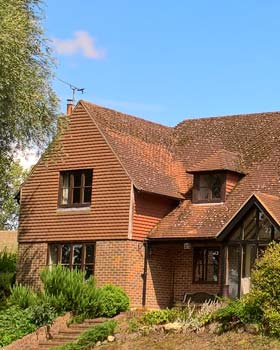
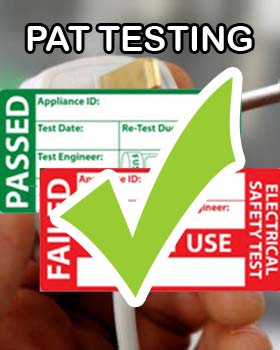
Electrical Safety Guide
Landlords have a legal duty to ensure that their rental property, and any electrical equipment provided, meets BS7671, the UK Standard safety of electrical installation requirements before a tenancy begins and during tenancy occupation.
Over time, with regular use, wear and tear will cause the electrical installation to deteriorate. Therefore, an Electrical Installation Condition Report (EICR) needs to be carried out on a regular basis, concluding with a “SATISFACTORY” result, to ensure electrical safety regulations are being met. The requirement is that if the same tenant remains in occupation, then the period of inspection should not exceed five years, or an EICR carried out every time a new tenant occupies the property. Regular visual inspections of the property between these periods is recommended to prevent broken and worn electrical installations going unnoticed, these can then be repaired immediately, to avoid potential hazards rendering the property unsafe and not fit to live in.
- Ensuring enough sockets for electrical appliances (minimises trailing leads & multiway socket adapters)
- Ensuring covers are in place and there are no broken or damaged switches or sockets
- A residual current device (RCD) is installed to provide additional protection against electric shock
- Satisfactory earthing arrangements are in place to ensure that a fuse or circuit breaker a quickly clear an electrical fault before it causes an electric shock or fire
- Satisfactory protective bonding arrangements are in place where required (so any electrical shock risk is minimised until a fault is cleared
- Enough circuits are provided to avoid danger and minimise inconvenience in the event of a fault
- Cables are correctly selected and installed in relation to the fuse or circuit-breaker protecting the circuit
An EICR will contain details of the inspection and testing undertaken, the outcomes of the inspection and testing with recommendations as to what remedial action (if any) is required, and a declaration of whether or not the installation is safe for continued use.
Should the overall result of the periodic inspection given in the EICR be unsatisfactory, remedial work will be necessary to rectify the issue(s) identified.
Most deaths from electric shock and fires in UK homes are caused by misuse of, or faulty, plugs, leads and appliances. As a landlord, should you decide to provide appliances for your tenant(s), you should check that the item carries a CE Mark (meets minimum EU legislation requirements), but it is recommended appliances should carry additional safety marks, such as the British Standard Kitemark or the ‘BEAB Approved’ mark for greater assurance of electrical safety. Leave instruction manuals for tenants to refer to if necessary. Annual PAT testing will ensure each appliance provided for the tenant is safe to use.
In order to safeguard tenants from the risk of fire, landlords have a duty to provide a suitable fire detection and fire alarm system, these can be battery operated or electrically installed, but it is recommended that the wired in version is preferable due to tenants notoriously not changing the batteries.
From 1st October 2015, when properties are occupied by tenants, the landlord must ensure that:
- A smoke alarm is equipped on each storey of the premises on which there is a room used wholly or partly as living accommodation
- A carbon monoxide alarm is equipped in any room of the premises which is used wholly or partly as living accommodation and contains a solid fuel burning combustion appliance
- Checks must be made by or on behalf of the landlord to make sure that each prescribed alarm is in proper working order on the day the tenancy begins (if it is a new tenancy)
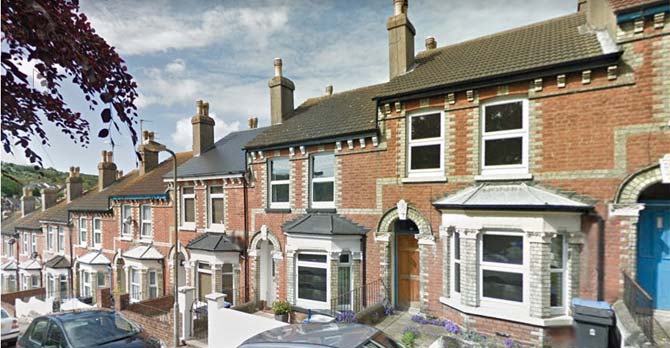
S Bishop Electrical Copyright© Captivewebs.com All right reserved.


